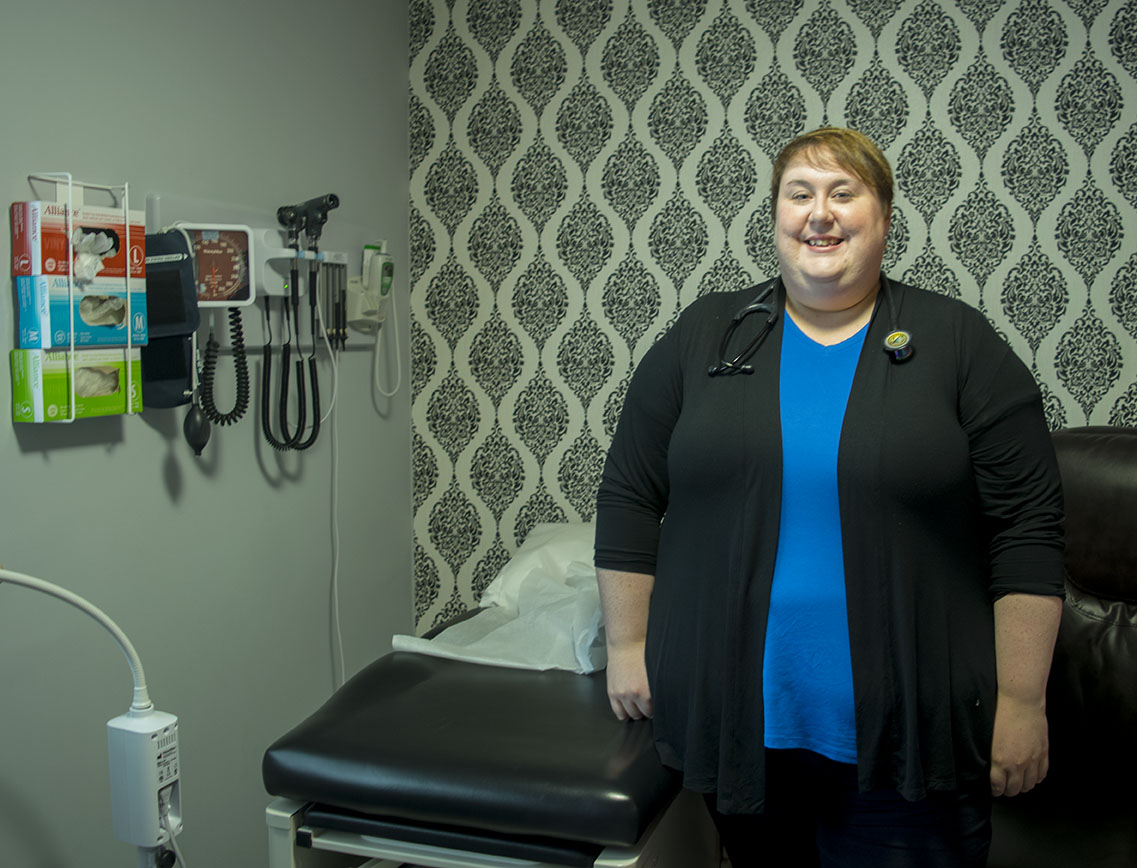Serious limitations to transgender care finds patients out of province, out-of-pocket and out of hope for the future.
By Martin Jones
Kicker
Angie Strowbridge struggled for years before telling her family she was transgender. It was a dark time of crippling depression and emotional turmoil that often left her with thoughts of suicide.
“Knowing you’re not supported by the medical community … all the obstacles we have to go through to be ourselves … it’s a lot of stress for one person to bear on their shoulders … it’s too much,” said Strowbridge.
Strowbridge began the process of gender confirmation to transition to female two years ago. She waited for years before that for her preliminary assessments at the Centre for Addiction and Mental Health (CAMH) in Toronto. For the transgendered of this province, it’s their only option.
For those identifying as transgender in the province, the journey towards gender confirmation surgery can take years and tens of thousands of dollars to complete.
For Strowbridge, having her fate entirely in the hands of doctors seems almost cruel.
“It feels weird that your fate isn’t even in your hands,” said Strowbridge. “That something so fundamentally important to you can be given or taken from you. It feels awful to not have control over that. It feels like everything is stacked against you and you feel so helpless.”

Dr. Marilyn Sinnott is a founding physician of Clinic 215, a trans-positive clinic in downtown St. John’s. She says Newfoundland and Labrador is the only province unable to provide surgical assessments for trans patients and that puts lives at risk.
“The biggest barrier right now is the assessment process,” said Sinnott. “The estimated wait time could be upwards of seven years to be approved for surgery. There is no other area of health care where you would wait that long for a medically necessary procedure … and we’re talking about medically necessary procedures. We’re talking about life or death.”
Statistics for suicide rates for trans people support this. Ontario’s Western University study published in 2015 found that one in nine transgendered people attempt suicide in Canada as compared to the national average of one in 167. The report also found that 35 per cent of trans people seriously considered suicide while 11 per cent actually attempted it.
MCP, the province’s health insurance, currently covers only a portion of the procedures for complete gender confirmation. According to Sinnott, the current list of approved surgeries is incomplete and could do more harm than good.
“What is covered … is essentially disfiguring surgery,” said Sinnott. “They are covering removal of genitals and removal of the breasts but no reconstruction. It’s just the removal of identifying sex characteristics. There is nothing gender affirming or confirming in that.”
For now, like many other trans people, Strowbridge must play the waiting game until her next assessment at CAMH. Only then will she find out if she is approved for the surgery she knows is critical to her survival.
“I am a woman and I just happen to be trans,” said Strowbridge. “It’s a factual statement to me. I am trans. It’s no different than me saying I’m left-handed. Surgery is pivotal for me. It’s necessary.”



